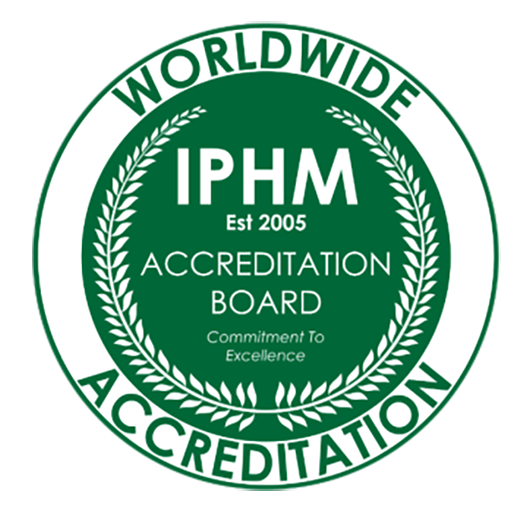Are you at risk of diabetes? This Diabetes Blood Test is an intravenous blood test used to help diagnose type two diabetes by measuring the amount of sugar that’s attached to the haemoglobin in your red blood cells.
See how well your body controls glucose (sugar) to help diagnose type 2 diabetes.
Are you at risk of diabetes? This Diabetes Blood Test is an intravenous blood test used to help diagnose type two diabetes by measuring the amount of sugar that’s attached to the haemoglobin in your red blood cells.
You may be at risk of diabetes if you are pregnant, have a family history, lead a sedentary lifestyle, or have a poor diet.
In its early stages, it is possible to reverse pre-diabetes through a healthy diet and lifestyle changes.
Diabetes is a condition in which blood sugar levels are too high. Our Glycosylated HB (HbA1c) blood test measures the amount of sugar that is attached to the haemoglobin in red blood cells, with results expressed as mmol/mol, which is the standard unit for the UK.
As red blood cells live in the bloodstream for about three months, our HbA1c test shows the average blood sugar for the past few months. Unlike a regular blood sugar test, our HbA1c test is not affected by short-term changes (e.g. a recent sugary snack). So even though you may have had high blood sugar on occasion, a good HbA1c result can show that you are controlling your blood sugar levels well. If your HbA1c result is high, it could mean you have pre-diabetes or diabetes.
Symptoms of diabetes include frequent urination, fatigue, unexpected weight loss, and feeling thirsty all the time. Diabetes can lead to further complications, including heart and kidney problems. In its early stages, type 2 diabetes can be reversed through lifestyle changes. Diabetes is strongly associated with obesity, poor diet, and a sedentary lifestyle. Losing weight through a calorie-restricted diet has been shown to bring blood sugar back down to normal levels. Our HbA1c diabetes check can help you know whether you need to be acting to improve your risk factors now.
Take this test when any symptoms of short-term illness have settled. Avoid fatty foods and high sugary foods for eight hours before your test, you do not need to fast.
Haemoglobin A1c (HbA1c), also known as glycated haemoglobin, is a longer-term measure of glucose levels in your blood than a simple blood glucose test. Glucose attaches itself to the haemoglobin in your red blood cells, and as your cells live for around 12-16 weeks, it gives us a good indication of the average level of sugar in your blood over a 3-month period.


Vita Health Clinic Ltd 2023. Company registered number: 15275009. Registered Address: 22a Park Road, Bingley, West Yorkshire, BD16 4JD
Financial Conduct Authority, registration number 978517. Credit is subject to status.
Get in touch by making inquiries on services or products you’d like to know more about or compare.